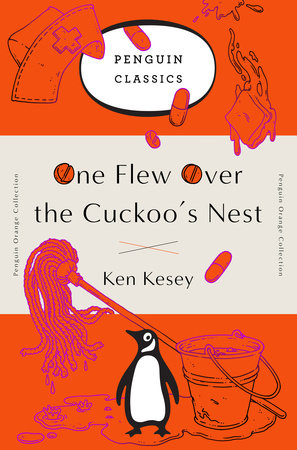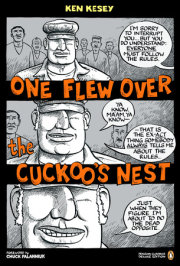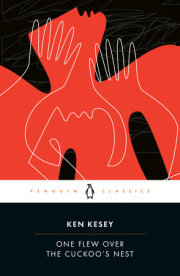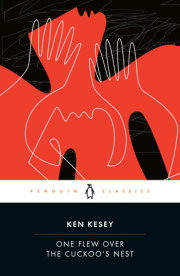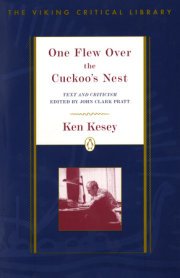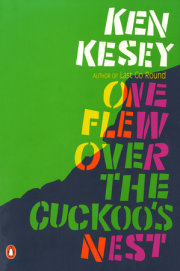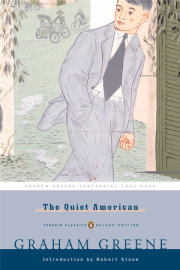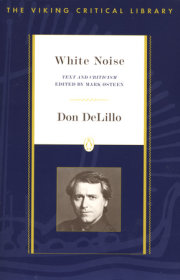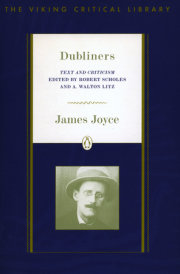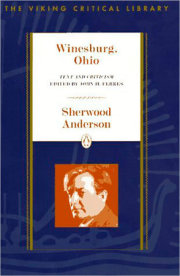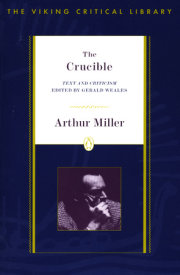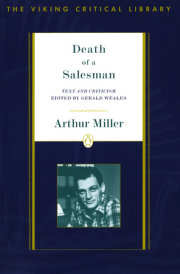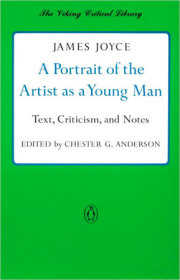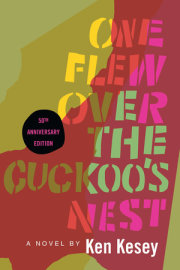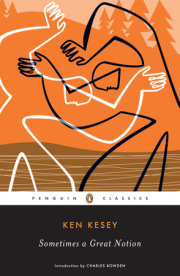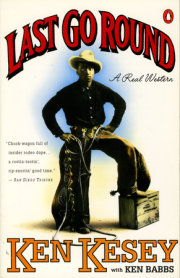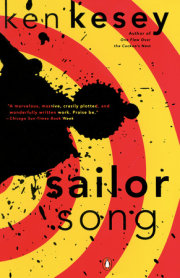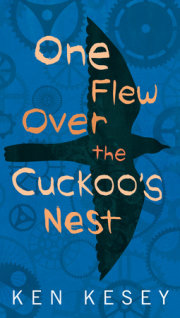SketchesPsychedelic sixties. God knows whatever that means it certainly meant far more than drugs, though drugs still work as a pretty good handle to the phenomena.
I grabbed at that handle. Legally, too, I might add. Almost patriotically, in fact. Early psychedelic sixties...
Eight o'clock every Tuesday morning I showed up at the vet's hospital in Menlo Park, ready to roll. The doctor deposited me in a little room on his ward, dealt me a couple of pills or a shot or a little glass of bitter juice, then locked the door. He checked back every forty minutes to see if I was still alive, took some tests, asked some questions, left again. The rest of the time I spent studying the inside of my forehead, or looking out the little window in the door. It was six inches wide and eight inches high, and it had heavy chicken wire inside the glass.
You get your visions through whatever gate you're granted.
Patients straggled by in the hall outside, their faces all ghastly confessions. Sometimes I looked at them and sometimes they looked at me. but rarely did we look at one another. It was too naked and painful. More was revealed in a human face than a human being can bear, face-to-face.
Sometimes the nurse came by and checked on me. Her face was different. It was painful business, but not naked. This was not a person you could allow yourself to be naked in front of.
Six months or so later I had finished the drug experiments and applied for a job. I was taken on as a nurse's aide, in the same ward, with the same doctor, under the same nurse—and you must understand we're talking about a huge hospital here! It was weird.
But, as I said, it was the sixties.
Those faces were still there, still painfully naked. To ward them off my case I very prudently took to carrying around a little notebook, to scribble notes. I got a lot of compliments from nurses: "Good for you, Mr. Kesey. That's the spirit. Get to know these men."
I also scribbled faces. No, that's not correct. As I prowl through this stack of sketches I can see that these faces bored their way behind my forehead and scribbled themselves. I just held the pen and waited for the magic to happen.
This was, after all, the sixties.
Ken Kesey
Copyright © 2002 by Ken Kesey. All rights reserved. No part of this excerpt may be reproduced or reprinted without permission in writing from the publisher.

